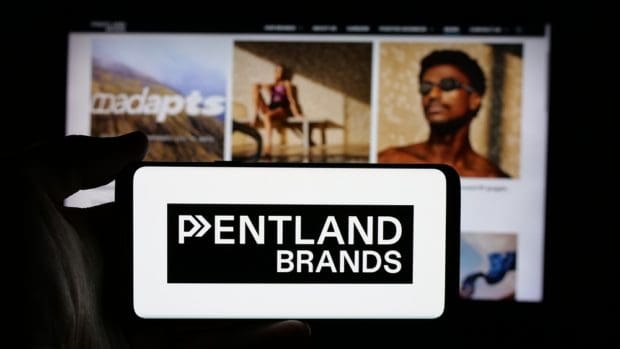
Xero, the global small business platform, today announced the findings of its ‘Settle Up’ report, which found 62 per cent of UK consumers surveyed expect tackling late payments to be a priority for government.
For decades, policymakers pledged to address the power big businesses hold over small firms, which last year cost small businesses an estimated £1.6 billion. Now, as the issue has become more entrenched, so has it entered public discourse; in fact, 80 per cent of consumers surveyed now believe there is no excuse for large firms to pay their suppliers late.
The report also highlighted the shock amongst the public at the longevity of the issue. More than half (56 per cent) are surprised governments have not introduced policies to stop big businesses paying their small suppliers late, while 70 per cent consider it a form of theft or bullying. 3 in 4 consumers (77 per cent) believe it falls to the government to make businesses behave responsibly.
Late payments to small businesses provoke an emotional reaction in the general public. More than six out of ten (61 per cent) said they were shocked by the extent of the issue, and almost 4 in 5 (79 per cent) stated they would not want small businesses in their area to be impacted.
Respondents also showed empathy for the struggles caused by late payments; 86 per cent said not being paid what they’re owed would have a major impact on personal stress levels, 47 per cent would be unable to pay household bills, and 41 per cent would struggle to buy food for themselves and their family.
Furthermore, ethical buying trends means firms with poor payment practices could experience a reduction in sales. For instance, 72 per cent of consumers would avoid companies that don’t pay suppliers on time; 79 per cent believe late payments are unethical; and 80 per cent agree that there is no excuse for late payments in a world where digital and contactless payments make transactions very easy.
Fair treatment of suppliers is becoming a core part of companies’ ESG responsibilities, influencing consumer sentiment. For example, 70 per cent of consumers would be more likely to buy from businesses that pay their suppliers and small businesses on time, a more important factor than supporting local charities (52 per cent) and paying a fair amount of tax (56 per cent).
Alex von Schirmeister, UK MD at Xero commented, “Late payments keep business owners up at night. All they want is the cash they are owed, so they can invest, grow and, quite frankly, keep their heads above water. And now we can see that the great British public cares too. They are shocked at big business inertia and want to see governments take further action. That’s why new late payment legislation is required and we hope to see this announced in the King’s Speech next week.”
It’s clear that part of the solution lies in fixing the underlying payments culture in the UK. The public agrees, as three quarters (75 per cent) of consumers believe large businesses should be encouraged to improve their payments culture. But the first step is changing the language around late payments to communicate the severity of the issue. A third of British consumers suggested that ‘big business bullying’ (34 per cent) and ‘big business theft’ (32 per cent) are more appropriate labels, but Xero believes that ‘unapproved debt’ articulates exactly what late payments are.
Beyond this, large companies should be required to report on how much unapproved debt they are using to finance their operations, while the new government should also consider a Fair Buyers’ Act to more effectively hold offenders accountable. It should also increase efforts to share reporting data it already holds around late payments, to increase public scrutiny of repeat offenders. Not only this visibility could create an opportunity for small businesses to choose their suppliers wisely, it would celebrate the many companies which have a positive payment performance, and lead to commercial benefits for them.








Share